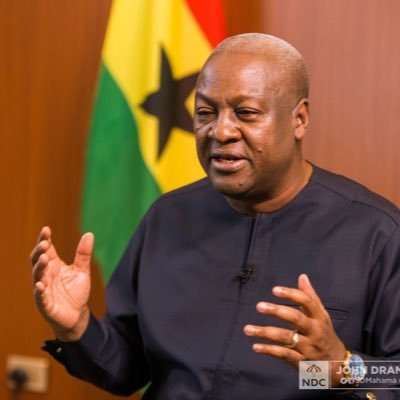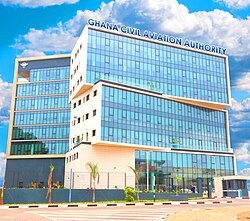Dr. Cadman Atta Mills, an Economist and stalwart of the NDC has asserted that John Dramani Mahama’s presidency should transcend the conventional focus on borrowing to finance infrastructure projects and taking pride in their completion.
He emphasized the need for a visionary and transformative approach to governance that prioritizes sustainable development, economic stability, and policies that directly improve the livelihoods of Ghanaians.
Dr. Mills stressed that while infrastructure development is essential, the next phase of Mahama’s leadership should aim at building a resilient economy, reducing dependence on external financing, and fostering inclusive growth that benefits all citizens.
“Government should be about governance reforms (constitutional review) to institute checks and balances and to make government accountable. Government is about eliminating waste and destruction of our natural resources and environment (Galamsey)”.
Dr. Cadman Atta Mills
By shifting the narrative beyond borrowing and infrastructure, Dr. Mills urged the party to redefine governance to address pressing challenges such as unemployment, industrialization, and economic diversification.
According to him, this will ensure a long-term positive impact on Ghana’s development trajectory.
Dr. Atta Mills further emphasized that effective governance should go beyond the mere execution of infrastructure projects and focus on addressing critical issues such as curbing the rampant misappropriation and looting of the public purse.
He underscored the urgent need for transparent and accountable leadership to eliminate corruption, which undermines the country’s development efforts and erodes public trust in state institutions.

He also highlighted the importance of safeguarding personal liberties, including the fundamental right to freedom of speech.
Dr. Mills stressed that a progressive and democratic government must uphold and protect the rights of all citizens, ensuring that individuals can freely express their opinions without fear of intimidation or suppression.
He argued that governance should be a holistic endeavor aimed at building a just, equitable, and inclusive society where resources are managed responsibly, and the voices of the people are respected and heard.
This approach, according to Dr. Mills, will not only restore public confidence but also lay a solid foundation for sustainable national development.
Efficient Resource Management Urged in Mahama’s Governance
Furthermore, Dr. Cadman Atta Mills called on the Mahama government to prioritize running the national economy with a strong focus on efficiency in resource utilization.
He stressed that effective governance should be centered on maximizing the value derived from the country’s limited resources while minimizing waste and inefficiencies.
Dr. Mills highlighted that an efficient allocation and use of resources would not only boost economic productivity but also ensure that the benefits of national development reach all Ghanaians equitably.

He urged the government to adopt strategies that promote fiscal discipline, reduce unnecessary expenditures, and channel resources into critical areas such as education, healthcare, and job creation.
“..State institutions and corporations [must be] staffed and managed by seasoned professionals as opposed to political appointees. This is a tall order that also calls for a clear reform agenda for the next four years”.
Dr. Cadman Atta Mills
The Economist further highlighted that Mahama’s “Agenda for Reform” should encompass a comprehensive overhaul of several critical areas of governance.
This includes reforming procurement processes to ensure transparency, accountability, and value for money in public spending.
He stressed the importance of addressing emoluments by instituting fair, equitable, and sustainable remuneration structures for public officials to prevent wastage and curb undue financial strain on the national budget.
Additionally, he emphasized the need for judicial reforms aimed at strengthening the rule of law, ensuring impartiality, and restoring public confidence in the justice system.
Dr. Mills also called for a radical transformation in the way state institutions and corporations are managed and overseen.
He also advocated for an overhaul of remuneration frameworks for leadership positions, ensuring they reflect performance, accountability, and the strategic goals of the institutions they lead.
Such reforms, he argued, would not only enhance the efficiency and effectiveness of state institutions but also foster trust among Ghanaians in the nation’s governance structures.
READ ALSO: Farage-Tory Pact Could Reshape UK Politics







